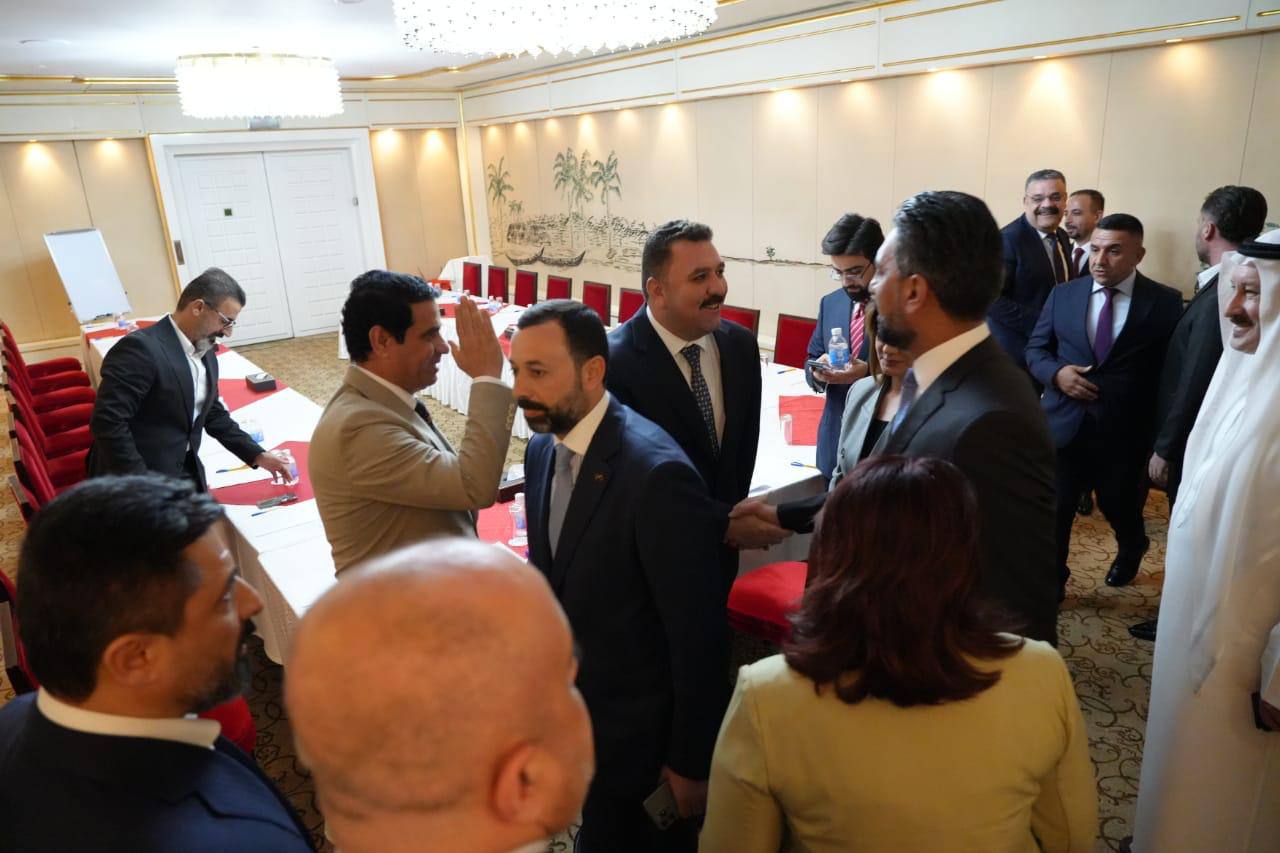Rebwar Taha from the Patriotic Union of Kurdistan (PUK) was chosen as governor, and Mohammed Hafez from the leadership (Arab) coalition was selected as the speaker of the Kirkuk provincial council.
The election took place during a meeting of the provincial council held late Saturday night August 10 at the Rashid Hotel in Baghdad.
The PUK, Qiyada, Oruba, and Christian Quota factions, totaling nine members, made the decision despite the requirement of fifty-one members to be present. The session included nine out of the 16 council members needed to decide on the posts.
During the session, Rebwar Taha was elected as the sole candidate for governor and Mohammed Hafez as the sole candidate for speaker. However, the positions of two deputy governors and deputy speaker were not decided, leading to an adjournment of the session.
Although there was no official statement, it is expected that the governor and speaker positions will be exchanged between Kurds and Arabs in the future, as suggested by previous statements from PUK officials.
Acting Kirkuk Governor Rakan Saeed Jiburi, currently the oldest member of Kirkuk provincial council who chaired the opening of the council's first session, mentioned that he had not called for the meeting in Kirkuk or outside of it.
The northern, oil-rich city of Kirkuk is home to about 1,77 million Kurds, Turkmen, and Arabs. Located 238 kilometers north of Baghdad, Kirkuk is an ethnically mixed province and has long been at the center of disputes between the federal government in Baghdad and the Kurdistan Regional Government KRG.
Prior to the council meeting in Baghdad, a statement was released by the Arab Group, signed by six members of the Kirkuk provincial council, expressing their concerns. The statement was issued by the Arab Coalition faction led by Jiburi.
While three members of the Arab coalition attended the meeting, three members did not, including Jiburi, Ahmad Abdulwahid, and Salwa Ahmad. The Iraqi Turkmen Front ITF also expressed their dissatisfaction with the meeting, stating that any session without their presence would be unacceptable.
The delay in forming the Kirkuk administration, despite the provincial council elections held since December 18, 2023, was mainly due to disagreements between factions, particularly Kurds and Arabs, over the governor's position.
The Kurdish community, holding seven seats, has long sought the governor's post, while the Arab community, with six seats, especially the Arab coalition led by Jiburi, has been vying for the position. Jiburi, who was appointed governor after the events of October 16, 2017, previously served as deputy governor. The Turkmen as the third ethnicity in Iraq propose to rotate the position among the three main components of the province.
Prior to 2003, during the Ba'ath regime, the Arab community held most administrative positions in Kirkuk without elections. Since 2003, power has shifted to the Kurds, who held executive power until now.
The first governor of Kirkuk after the 2005 provincial council elections was Abdulrahman Mustafa from the Kurdish side. In 2011, Najmaddin Karim, a leader of PUK, was appointed governor up to 2017 when he was ousted by the Iraqi parliament for supporting Kurdish referendum for independence.
The Kirkuk Provincial Council consists of 16 seats, with seven seats for the Kurds (five seats for the Patriotic Union of Kurdistan PUK and two seats for the KDP), six seats for the Arab component (the Arab Alliance in Kirkuk has 3 seats, the Leadership has two seats, and the Arabism Alliance has one seat), while the Turkmen won two seats, in addition to the quota seat for the Christians. At least nine members are required to attend the first session to complete quorum.
The highest legislative and supervisory authority within the boundaries of the local administration shall be with the Kirkuk Provincial Council, which has the right to issue internal laws and instructions for managing the affairs of the province, formulate the general policy, discuss and approve the local budget and project plans.





